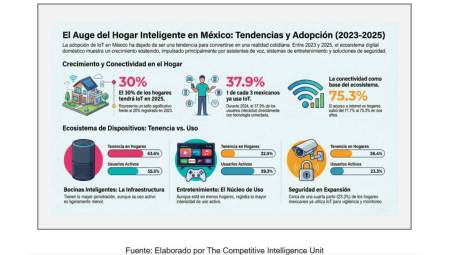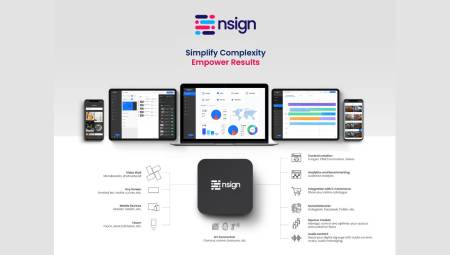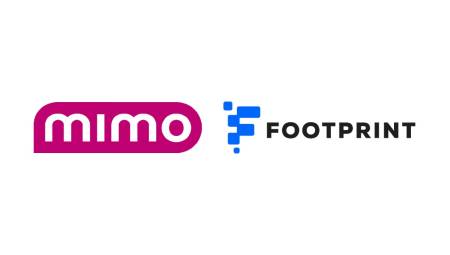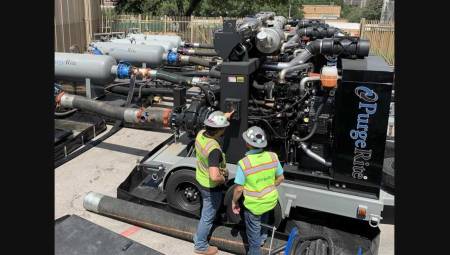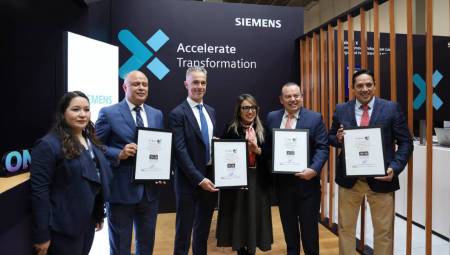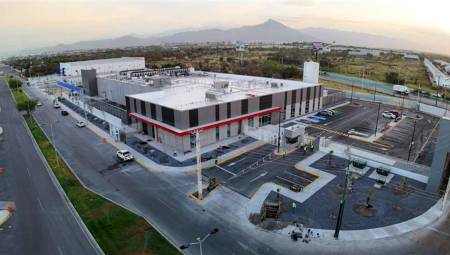Colombia. Companies in Colombia have made significant progress in the adoption of Artificial Intelligence. As reported by the QS World Future Skills Index 2025, the country has had a 669% increase in the number of companies already implementing AI between 2018 and 2024.
It is a growth that exceeds countries such as Brazil, which obtained 487%, being one of the territories that have stood out the most in the digital transformation that the continent is going through. In this way, Colombia enters a game of innovation and transformation essential for the development of the sector.
According to CB Insights, GenAI investment projections for 2025 suggest that the market could reach USD $200,000 million dollars. It is "a clear sign that companies see in this technology an opportunity for transformation," EPAM Systems Inc. explained in a recent publication.
GenAI transforms customer experience and accelerates growth
EPAM highlights that Fortune 100 companies in the FMCG and retail sectors that align AI initiatives with business objectives are best positioned for innovation and growth.
"By investing in the right infrastructure, fostering collaboration between humans and AI, and maintaining ethical practices, companies can harness the transformative power of AI, creating hyper-personalized experiences for customers, optimizing inventory, and decision-making when defining business strategies," explain the company's experts.
Success stories that are already a reality with Artificial Intelligence
In practice, Artificial Intelligence is already transforming key sectors, driving personalization and process optimization. EPAM highlights three that have been relevant in the work they have done with AI for different sectors.
In the fashion industry, for example, AI has been implemented to diversify product images, generating personalized illustrations according to customer preferences. This not only expands the visual offering of brands, but also allows for more interactive experiences through virtual try-ons, where users can visualize outfits in avatars or in their own photos before making a purchase.
Another significant advance has been in the automated generation of content for marketing. Through AI systems integrated with digital asset and content management platforms, some companies have optimized the creation and distribution of advertising pieces. This streamlines the work of creative teams and allows them to design more precise communication strategies aligned with the identity of each brand.
In addition, AI has begun to play a key role in business decision-making. Through advanced analysis tools, some companies have been able to evaluate the operational impact of their processes and detect opportunities for improvement in real time. Thanks to optimized models, these solutions can be integrated with existing workflows, storing interactions and generating data-driven business intelligence.
Driving innovation with GenAI
GenAI is revolutionizing industries by improving productivity, optimizing processes, and transforming the consumer experience. The cases mentioned above are an example of what AI can do for business growth. However, to maximize their impact, organizations must identify use cases aligned with their strategic objectives.
Consider that AI adoption also reveals challenges in technology, processes, and talents. Overcoming these gaps requires investments in data management, machine learning operations (MLOps), and infrastructure. But with a well-defined strategy and the right talent, organizations can unlock the full potential of AI and lead innovation in their industries.











